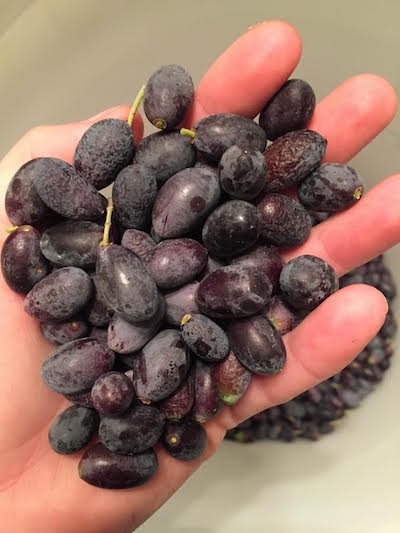
 5
5









Living in Anjou , France,
For the many not for the few
http://www.permies.com/t/80/31583/projects/Permie-Pennies-France#330873








![Filename: LecinosCuring.jpg
Description: [Thumbnail for LecinosCuring.jpg]](/t/36845/a/17772/LecinosCuring.jpg)








Living in Anjou , France,
For the many not for the few
http://www.permies.com/t/80/31583/projects/Permie-Pennies-France#330873









Works at a residential alternative high school in the Himalayas SECMOL.org . "Back home" is Cape Cod, E Coast USA.








Don Smith wrote:Re best climate to grow them in. I think they are pretty forgiving. They can tolerate heat, cold and dry conditions. I dont think they would like a north.american winter (with months of snow) or the tropics but everything else would be a chance.
 1
1









 1
1









 1
1












Permaculturing in Portugal -
Website | Blog | Facebook | Worldwide Permaculture Network | Pinterest |
Vermicomposting Flush Toilets
 1
1








 1
1




David Livingston wrote:I am looking forward to hearing about how you get on. I am thinking of planting an olive tree in a sheltered spot and who knows one day we may get olives

David
Just my 2 cents...
Money may not make people happy but it will get you all the warm fuzzy puppies you can cuddle and that makes most people happy.
















 7
7




 2
2




"The only thing...more expensive than education is ignorance."~Ben Franklin. "We can easily forgive a child who is afraid of the dark; the real tragedy of life is when men are afraid of the light." ~ Plato
 6
6





The best way forward is going all the way charge!
 2
2




Jonathan Sachs wrote:
Hey Jonathan,
I'm definitely no olive guru, but here's my experience from a month ago or so with some experienced generational olive farmers...
Definitely use a big net to catch all the olives falling. Harvest them while they're still green (before they turn a darker color) to have the most properties in your olive oil...if you want the olives and not the oil, then I'm not sure this still applies. We would use 1-metre long sticks or cut PVC pipes and simply beat all the olives off the branches. Typically, as two of us were beating the outer branches as we made our way around the tree, an older guy would be behind us with a machine that had these moving fingers that would get the olives our sticks had missed. Another guy was pruning the tree with a chainsaw at the same time. The branches that fell on the ground we would then pick up in one hand while beating the olives off with the other.
If the branches are growing up over your roof then I would definitely prune the tree. A general rule I guess is to prune the tree for practicality during harvest (You don't want a 20-metre tall mango tree unless you want to climb 20 metres up to harvest them).
Anyway, once enough olives had fallen to the ground (into the net - the net we were using was probably 10x10 metres), we would lift the corners of the net so as to get the olives into one corner and then pour them into 50L bags. From there they would go to the olive mill and be pressed into oil.
Other than that, I don't have much experience. But good luck with your tree
The best way forward is going all the way charge!
 7
7





| I agree. Here's the link: http://stoves2.com |

